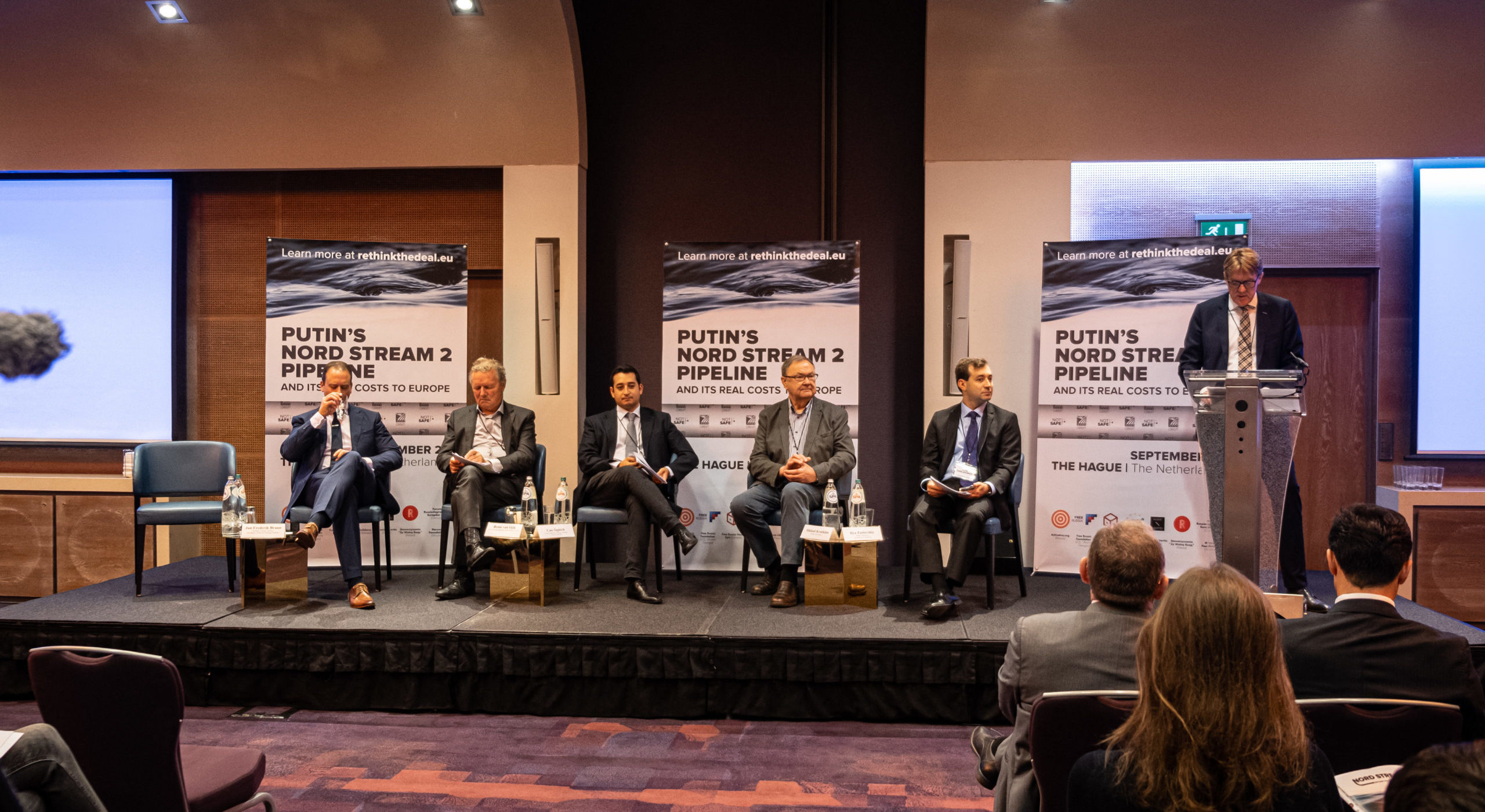The Value of the Club of Europe
By Jelger Groeneveld December 19, 2019

By Jelger Groeneveld December 19, 2019

“… in no circumstances shall a State be entitled to be called a democracy unless it does, in fact as well as in law, guarantee to its citizens liberty of thought, assembly and expression, as well as the right to form a political opposition.”
This is one of the declarations of the Resolution adopted at the end of the Congress of Europe held in The Hague in 1948 that laid the foundations of a unified Europe and the Convention for the Protection of Human Rights and Fundamental Freedoms which is the very core of the Council of Europe’s purpose. Then, as now, it raised expectations.
Expectations
First of all, what do we expect from the Council of Europe, the European Court of Human Rights, and its Conventions? Are they just tools to facilitate “communication and dialogue”? Just another reason to meet and talk?
Or do they provide the framework for human rights principles and guidelines that every signatory state should comply with to adequately serve and protect its citizens?
What do we expect from the signatories when it comes to their level of compliance? We expect them to show tangible effort to fix what is broken when shortcomings or violations have been identified, right?
What do we expect the Council to do when faced with a continued refusal to address such problems? Also, how should the values stipulated in the treaties be upheld and prevented from being hollowed out by the signatories’ turning a blind eye to treaty violations?
We expect each other to respect the existing principles, rules, and guidelines, and hold each other in check by promoting the engagement of governments and civil society in demanding that club members comply with resolutions and court rulings. Does impunity fit in here? Not really.
Club
Russia threatened to leave the club. But let’s face it: It actually wants to stay in. It just tries to intimidate the rest of the club to be let off the hook. Feeling sought-after, it demands immunity by dictating conditions of its membership, and successfully at that.
This brings us to Russia’s contribution to the club as its largest member. Its track record leaves much to be desired, and its lack of commitment calls into question the argument for having Russia in the club.
After all, why would it want to be a member if it intentionally disregards it, and why would the rest of the club want Russia to be part of it?
Many argue that if Russia is in the club, it will be forced to play by the club rules. That is with Russia in, Russian citizens will have the protection of the ECHR, and the channels of dialogue will remain open. If Russia showed true commitment and sincere willingness to change for the better supported by clear signs of improvement, one could accept a slow pace.
The Kremlin’s trick however is to time and again sell the illusion that it will really abide by the rules if the community lets it off the hook just one more time. The reality though is that it never delivers on this promise. It simply uses the same trick over and over again after invading and occupying territories of its close neighbours; interfering in British, American, Georgian or Dutch election campaigns; refusing to be held accountable for the downing of a civilian airliner, targeted assassinations in European states, or human rights abuses at home against opposition or dissidents.
Despite countless resolutions, dialogue efforts, and punitive measures Russia shows no signs of improving its behavior or willing to acknowledge its wrongdoings when it is caught in the act. Despite its club membership, Russia is in reverse gear.
So much for the argument that Russia will play by the rules once it is part of the club.
It just goes to show that an inclusive, cooperative, and civilized approach with Russia does not work.
Deformation of Values
Yes, Russian citizens can go to the ECHR, but if the Russian authorities overturn or simply do not implement its decisions, how are Russian citizens protected by the European Convention on Human Rights? They are still at the mercy of the Kremlin’s whims.
By now, we should have realized that it is an illusion to think that the current Russian political establishment – first and foremost, the Kremlin – will ever play by the rules.
The Kremlin respects neither its club co-members nor the conditions and obligations of its membership. It disrespects its own citizens as well whenever it feels like it. This means that if the Council of Europe refuses to confront Russia’s chronic attitude, it will itself suffer from a deformation of values.
Moreover, the Kremlin has proven that it can simply overturn sanctions by threatening to leave the club, thus rendering this punitive measure useless. After all, if it worked once, why wouldn’t it again?
Unless, of course, the club members agree that it has been enough and begin to truly defend what they value: the clubhouse, and what is being protected by its roof. For that, they need to agree not to allow one bully to bring down the entire club. By submitting to the Kremlin’s blackmail, they set the clubhouse on fire from the inside. Can we prevent it from burning down to the ground? Yes, we can. It’s not too late. But we have to act.
We need to live up to the expectations we have set ourselves. We need to follow the existing criteria, values and norms. We need to hold each member to account by demanding to fix violations and to demonstrate tangible progress. And we certainly must not succumb to blackmail over membership.
We cannot tolerate the bully’s victim-blaming techniques. We cannot let cynicism and moral nihilism win, thus allowing impunity to become the norm.
In conclusion, civil society and European governments should put more pressure on Russia to make it comply with the conventions it voluntarily signed.
If takes punitive measures, such as disciplinary sanctions, then so be it. And they should not be lifted until the perpetrator takes steps to resolve the issue that resulted in these sanctions. Compliance is not negotiable. Otherwise, the value of the rules-based order will erode, undermining its very foundations.
If Russia wishes to remain a member it has to accept the existing club rules and the consequences for violating them. Ultimately, we should not be afraid to let a member go if he basically refuses to cooperate.
The European consensus on an EU Magnitsky law that was reached earlier this week shows that a long term commitment of civil society, politicians, and governments to pushing for measures against human rights violators and impunity ultimately pays off. There is no escape. And this is the message that all involved actors should continue to convey. There is no escape from justice.
By Vladimir Zhbankov
January 03, 2020
 Article
Article
By Ivan Vasilyev
April 09, 2020
 Article
Article
By Richard Hoogland
December 19, 2019

By Vladimir Zhbankov
January 03, 2020
 Article
Article
By Ivan Vasilyev
April 09, 2020
 Article
Article
By Richard Hoogland
December 19, 2019
